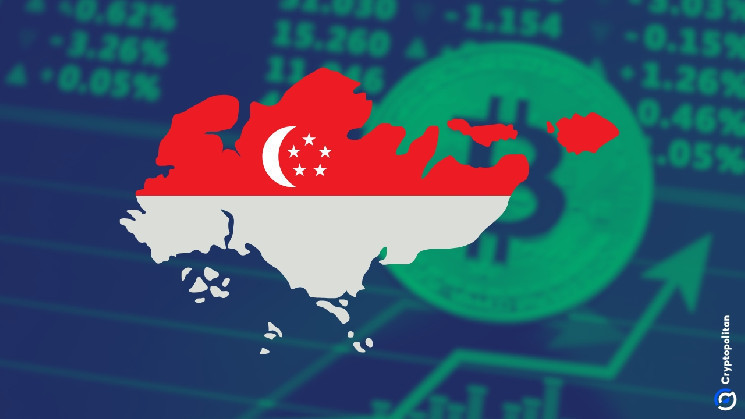Bitcoin crossing the $100,000 mark is a global headline, but nowhere is it more celebrated than in Singapore. The city-state, known for its wealth and tech-forward mindset, has been years ahead of the curve in embracing cryptocurrencies. It didn’t happen by luck.
A well-planned mix of infrastructure, regulatory clarity, and incentives made Singapore the place for crypto, while others like China and India dragged their feet.
According to Henley & Partners, Singapore tops the global crypto adoption index. Tax breaks, regulatory frameworks, and a central bank willing to experiment with a digital Singapore dollar are all part of the game plan.
But it hasn’t been all smooth sailing. Back in March 2022, Charles & Keith, a homegrown fashion brand, made headlines by accepting crypto payments. Little did anyone know that this move coincided with the beginning of the Crypto Winter.
The collapse of Terraform Labs, run by Singapore’s own Do Kwon, started the avalanche. Things only got worse with the implosion of Sam Bankman-Fried’s FTX. The domino effect shook even Singapore’s largest state-linked entities.
Singapore’s resilience in the crypto winter
Despite the chaos, Singapore refused to flinch. While others abandoned ship, the Monetary Authority of Singapore (MAS) doubled down on building the infrastructure needed for a crypto future.
Over 30 companies, including U.S. giants like Coinbase and Ripple, as well as Hong Kong-based Futu, are now licensed to offer digital token services under the MAS framework.
Meanwhile, a survey by the Independent Reserve earlier this year revealed that 40% of Singaporeans are crypto investors. This adoption isn’t limited to the Gen Z crowd. Baby Boomers and Gen X are joining in, helped by the approval of spot Bitcoin ETFs in the U.S.
Still, the MAS plays it cautiously. Retail investors can’t buy spot Bitcoin ETFs, and crypto listings remain off-limits.
The seemingly unstoppable bull run has reignited excitement. With ‘crypto president’ Donald Trump heading back to the White House in 2025, speculation is high that pro-crypto policies in the U.S. could propel Bitcoin to even greater heights. Singapore’s well-prepared ecosystem is primed to ride that wave.
Economic growth and crypto synergy
The Bitcoin rally comes as Singapore’s economy shows serious muscle. Inflation dropped to 1.4% in October, down from 2% in September. Core inflation, which excludes volatile categories like rent and transport, also eased to 2.1%.
Lower electricity, gas, and clothing prices played a role, according to MAS. The Singapore dollar, already a strong currency, appreciated slightly to 1.34 against the U.S. dollar after the inflation report.
While inflation cools, Singapore’s GDP is heating up. Third-quarter growth hit 5.4% year-on-year, exceeding earlier estimates of 4.1%. This is the fastest growth Singapore has seen since late 2021. Officials have revised annual growth projections for 2024 to 3.5%, up from the previous range of 2% to 3%.
Unlike most countries, Singapore doesn’t rely on interest rates to control its economy. Instead, MAS manages the Singapore dollar’s exchange rate within a policy band.
By adjusting this band, the central bank keeps inflation in check while maintaining economic growth. It’s a system that works, and it’s one reason the country can afford to take calculated risks on crypto.
Land a High-Paying Web3 Job in 90 Days: The Ultimate Roadmap

